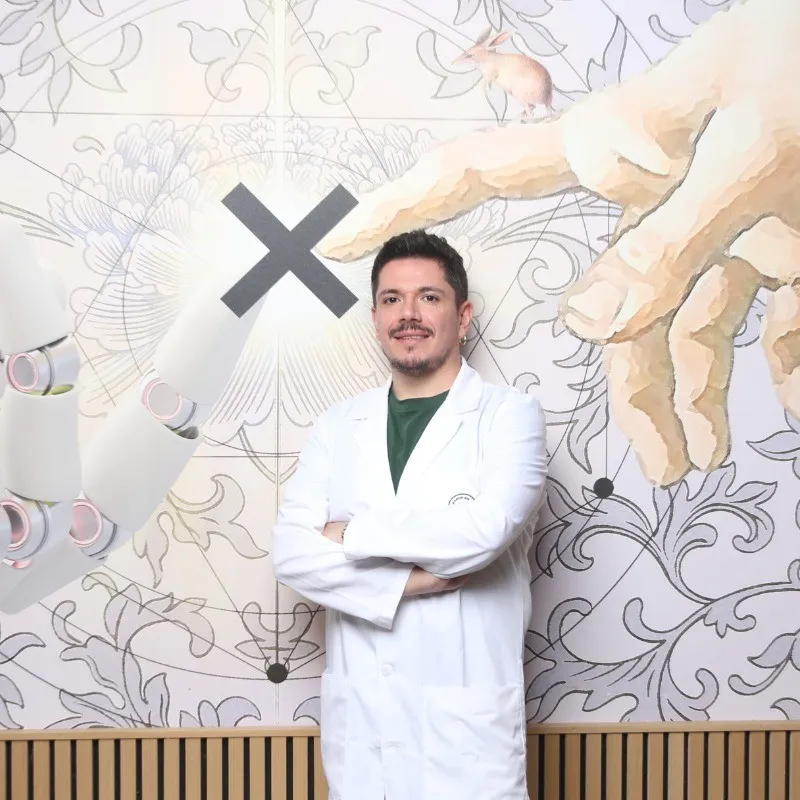
Are Kids Consuming Too Much Sugar? The Truth Behind the Numbers
For years, we've heard that kids today consume far more sugar than previous generations. But is that really true? The statistics say… kind of.
If you’ve seen alarming headlines about sugar consumption in children, here’s the breakdown: Yes, kids today still consume more added sugar than in the 1970s, but the trend has been declining since the early 2000s. Why? The rise of non-caloric sweeteners and increased awareness of sugar’s health risks have led to the reformulation of many products. But does that mean the problem is solved? Not quite.
How Much Sugar Are Kids Actually Consuming?
- In the 1970s, kids consumed around 70 grams of added sugar per day.
- By the 1990s, that number peaked at nearly 100 grams per day.
- Since 2010, sugar intake has been steadily decreasing, and by 2018, it had dropped to 50 grams per day.
That’s progress, but it’s still double the World Health Organization’s (WHO) recommendation, which suggests that added sugars should account for no more than 10% of daily calories.
Beverages Are a Major Culprit
Many popular drinks are loaded with hidden sugars. In fact, just two sugary beverages per day—such as flavored milk and a sports drink—can double the recommended daily sugar limit for kids.
What About ‘Healthy’ Options?
The best drinks for kids are water and alternatives that are low in sugar but don’t “sacrifice flavor.”According to experts, children between 5 and 8 years old should drink between 0.5 to 1.2 liters of water.
Meanwhile, flavored milk, sodas, and sugary sports drinks remain some of the biggest contributors to excess sugar in children's diets. Even some plant-based milk alternatives contain added sugars, making them less ideal choices.
Should We Still Be Concerned?
While sugar consumption is declining, it still accounts for nearly 20% of kids’ daily calorie intake in the U.S.—twice the WHO’s recommended limit.
Despite reformulation efforts, many products marketed to children still contain excessive added sugar levels.
And while today’s parents grew up consuming even more sugar, they now face a new challenge: hidden sugars in processed foods, making it harder to reduce intake.

What Can We Do About It?
Regulations, education, and industry changes are helping, but we can do more—and this is where science and technology can make a real difference.
At NotCo, we use Giuseppe, our AI-powered platform, to craft products that deliver full sensory enjoyment—flavor, aroma, appearance, mouthfeel, body, and texture—without excessive added sugars. Our mission is simple: preserve the experience, cut the unnecessary sugar.
Curious about our solutions? Let’s talk.
Why not?



.png)
.png)



